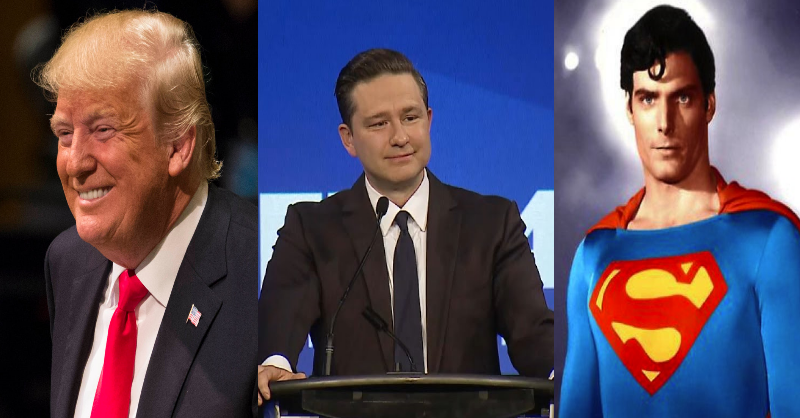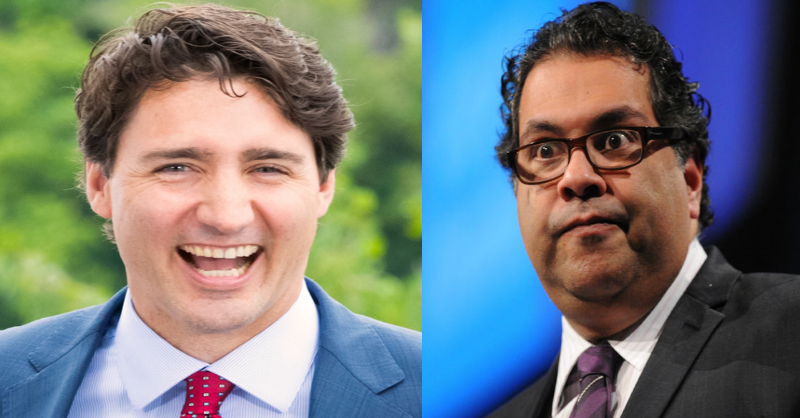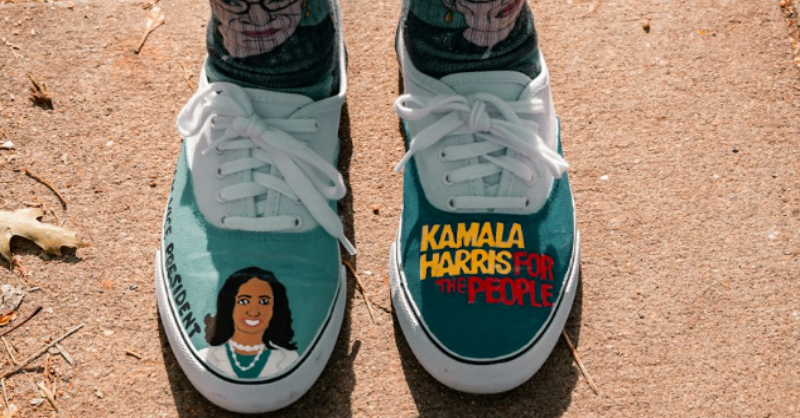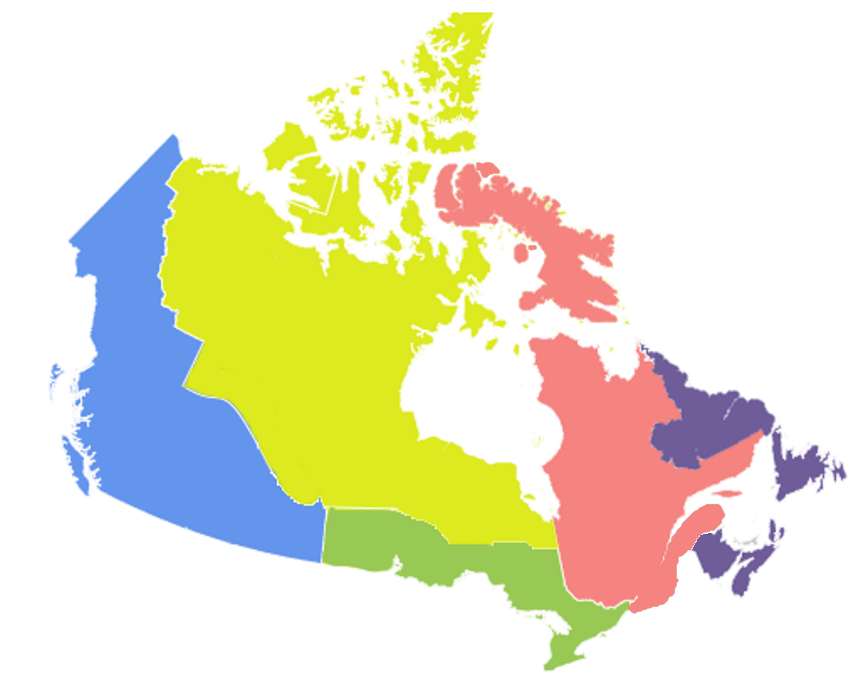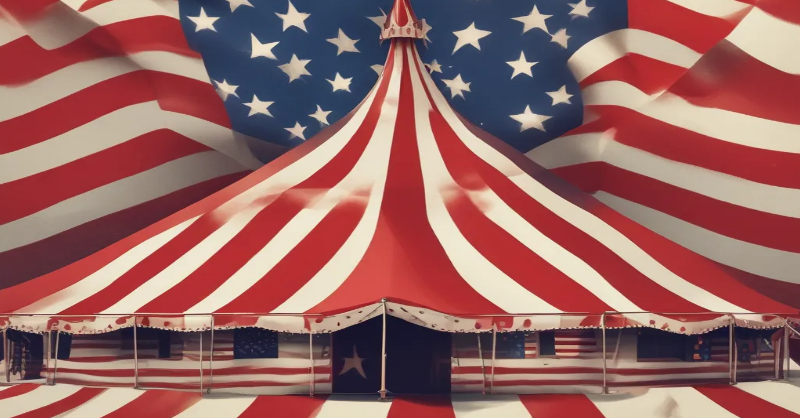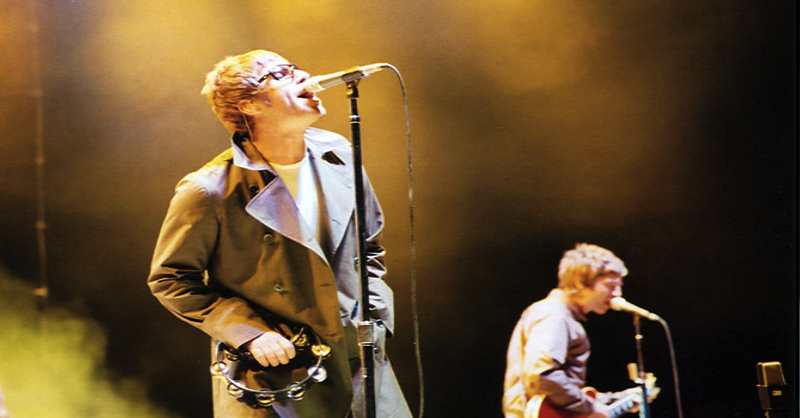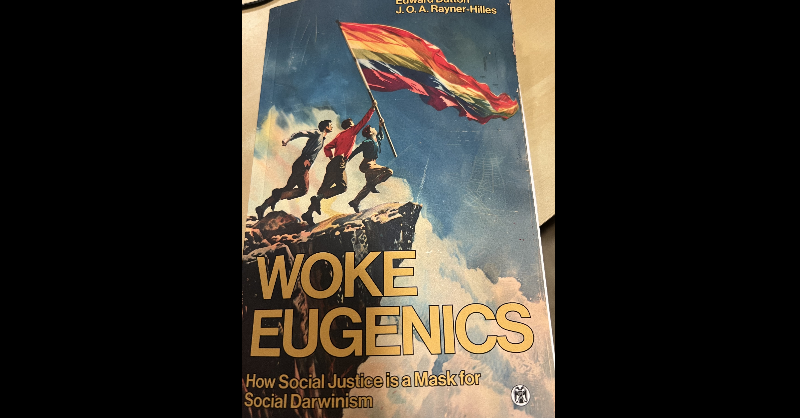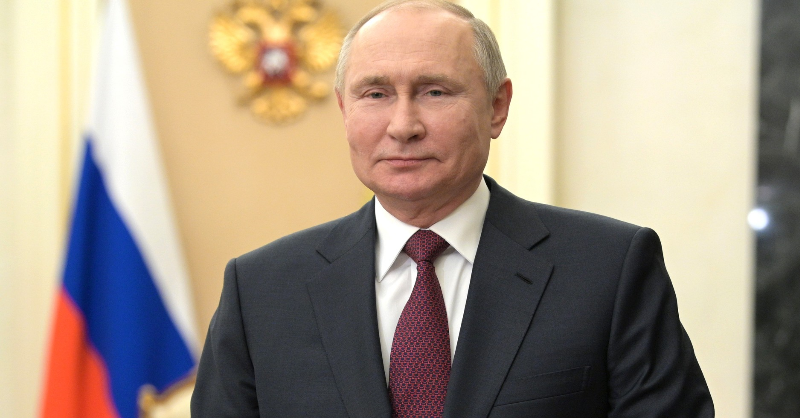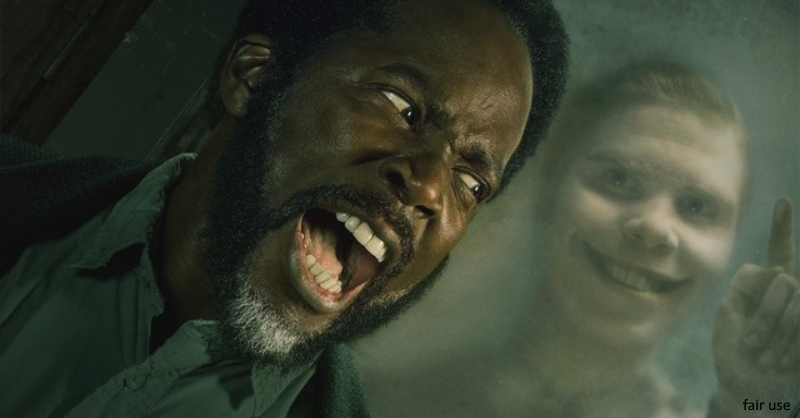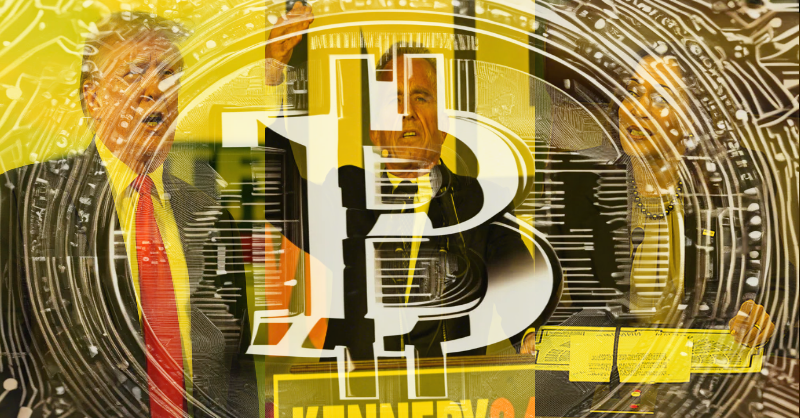That annual
festival of rainbow capitalism, questionable fashion choices, and
corporations desperately trying to prove their tolerance before
swiftly pivoting back to their regularly scheduled indifference. We
are told, ad nauseam, that Pride is about love. Love is love, they
say, with all the sincerity of a Hallmark card written by an
algorithm. But let’s have an honest conversation, shall we?
Pride is not about love. It’s about sex.
I know, this is the kind of statement that could
get us cancelled, but the truth matters. Love, as a concept, is not
exclusive to romantic relationships, nor is it the thing that
differentiates straight people from queer people. Parents love their
children. Siblings love each other. Best friends, who wouldn’t so
much as hold hands for warmth, would jump in front of traffic for
each other. Love exists in all corners of human connection, and yet
none of these relationships require a Pride parade to validate them.
Only one thing truly separates these relationships
from gay relationships: sexual attraction. The very reason queer
people have been marginalized, persecuted, and criminalized isn’t
because they experience love differently—it’s because they shag
differently. You see, nobody has ever been arrested, excommunicated,
or disowned for platonically loving their best mate too much. Nobody
gets thrown off a rooftop in certain theocracies for excessive
fondness toward their childhood chum. No, the issue has always
been—and remains—about who we fancy.
Sex is the dividing line.
And yet, in a desperate attempt to sanitize queer
identity for mainstream consumption, we have spent years polishing
Pride into something more palatable, something that won’t upset the
delicate sensibilities of suburban mothers and corporate HR
departments. The message shifted from sex to love because love is
safe. Love is a teddy bear and a warm cup of tea. Love is a
grandmother beaming at a wedding. Love can be used in politics. Love
is, above all, non-threatening. But sex? Oh, dear. Sex is scandalous.
Sex makes people uncomfortable. Sex is the thing that had religious
zealots foaming at the mouth and politicians drafting laws against
obscenity. Sex is the reason people have been beaten, shunned, and
worse.
Sex is the reason Pride exists in the first place.
Pride month—or season—is the one time of year
where downtown streets become a catwalk for leather harnesses,
fishnet bodysuits, and an alarming number of gimp masks. For an event
that supposedly centres around love, one has to wonder why so many
participants feel the need to celebrate by strutting through town in
assless chaps and dog collars. Some march nude, proudly baring it
all, as if public exhibitionism is an essential part of civil rights.
If you dare to question it, you’ll be labelled a
bigot.
And then there’s the messaging. Among the
rainbow flags and corporate-sponsored inclusivity banners, there is
an unmistakable undercurrent of sexual deviance woven into the
spectacle. Signs boasting slogans that suggest acts best left to the
privacy of bedrooms, suggestive dances that would make a burlesque
performer blush, and public displays that seem far removed from any
meaningful conversation about rights or equality. It begs the
question: is this really about acceptance, or just an excuse to
flaunt kinks in broad daylight?
Let’s not forget that Pride was born out of
rebellion, not out of a quaint desire to redefine greeting card
platitudes. The Stonewall Riots weren’t a polite request for
acceptance; they were a middle finger to a system that sought to
erase and punish people for their desires. Pride was never meant to
be a sanitized, G-rated affair to be enjoyed with a side of
rainbow-colored cupcakes. It was about defiance, about people
claiming the right to exist on their own terms—including, shock
horror, their sexual ones.
The great cudgel of "love” has become the
ultimate conversation-stopper, the unassailable virtue signalling
that instantly casts any dissenters as villains. If you so much as
raise an eyebrow at the more unseemly antics of Pride—the simulated
sex acts on parade floats, the hypersexualized costumes in full view
of children—you’re accused of trying to deny people the right to
"love who they choose." But let’s be real: nobody is
objecting to love. Love is not the issue here. What’s actually
being debated, and what critics often take issue with, is unfiltered
public displays of sexual attraction—not love.
The entire premise crumbles under scrutiny. Nobody
bats an eye at two men holding hands or a lesbian couple kissing in a
café. It’s not love that has ever been the sticking point; it’s
the fact that Pride, in its most performative moments, is so overtly
about sex and desire, yet hides behind the more socially acceptable
banner of "love". The reality is that people object to
explicit sexuality being thrust into public spaces. But, instead of
addressing that critique, the retort is always some saccharine
variation of "Why do you hate love?" It’s an absurd
bait-and-switch that shuts down any real discussion before it can be
had.
Let’s be clear—this does not mean Pride is
just a rolling orgy, it means acknowledging that sex is foundational
to queer identity in a way that it simply is not for straight people.
Straight people never had to fight for the right to be open about who
they sleep with because their desires were never criminalized. They
could take their attractions for granted; but queer people could not.
However, let us stop obfuscating reality with false pleasantries
designed to make objectors look anti-love.
No one is anti-love, we just want to see less of
the bedroom stuff on the streets for our children to see.
Let’s drop the charade. Pride is not about love.
It never was. It’s about sex. It’s about who we are allowed to
want, who we are allowed to kiss in public, who we are allowed to
shag. And that’s precisely why it matters to so many. By vilifying
those who object to this movement's less savoury ideals, we are only
scaling back the progress we have made on gay rights and other
issues.
Smarten up.








